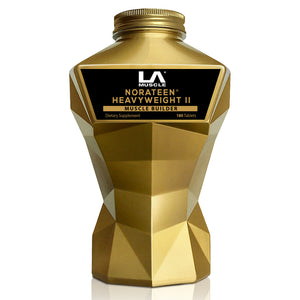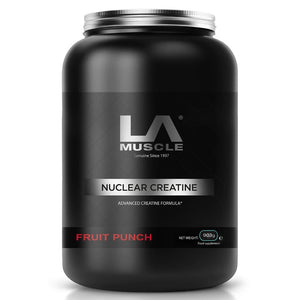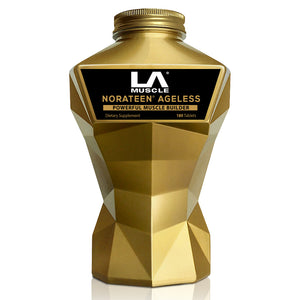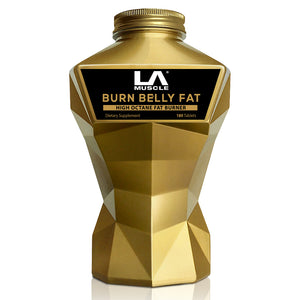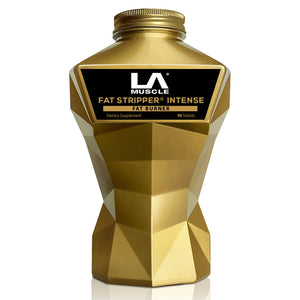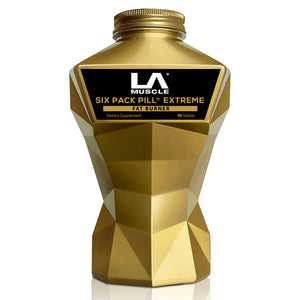
Diet plays a significant role in how we smell—not just our breath, but body odour and other bodily emissions too. Certain foods can create unpleasant aromas that emanate from sweat, breath, urine, and even more intimate areas. The reason lies in the chemicals within these foods and how our bodies metabolize them. Let’s delve into 10 of the worst offenders and find out what’s in them and why they make you smell bad from head to toe!
1. Garlic- What’s in it? Garlic is packed with allicin, a sulfur-containing compound that breaks down into allyl methyl sulfide when digested.
- Why does it stink? Once broken down, the sulfur compounds enter your bloodstream and are expelled through sweat and breath, giving off a strong and lasting odour. The smell can also be released through your skin pores, making garlic a top offender.
- What’s in it? Onions contain sulfuric compounds such as thiosulfates and mercaptans.
- Why does it stink? When chopped, these compounds are released and metabolised, producing sulfur byproducts that not only linger on your breath but also escape through sweat, giving off a pungent odour for hours after eating.
- What’s in it? Cruciferous vegetables contain sulfur and raffinose, a complex sugar that our bodies struggle to break down.
- Why does it stink? As the sulfur compounds break down, they produce gases like hydrogen sulfide and methanethiol, which can lead to a distinctive rotten egg smell in your gas and even body odour.
- What’s in it? Asparagus contains asparagusic acid, a sulfur-based compound.
- Why does it stink? This compound is rapidly broken down into pungent byproducts that are excreted through urine, producing a distinct, unpleasant odour. While not everyone can smell it, those who can find the smell offensive and unmistakable.
- What’s in it? Ethanol, the active ingredient in alcoholic drinks.
- Why does it stink? When your body metabolises alcohol, it produces acetate and acetaldehyde, both of which are expelled through sweat, breath, and urine, creating a stale, sour odour. Drinking excessively can make the smell even more potent.
- What’s in it? High amounts of proteins and fats that require heavy digestion.
- Why does it stink? Digestion of red meat results in the release of amino acids and fats that create trimethylamine, a compound that smells like rotten fish. This odour can seep out through sweat and other bodily fluids.
- What’s in it? Coffee is rich in caffeine and volatile oils.
- Why does it stink? The caffeine in coffee acts as a diuretic, making you sweat more, and the oils increase the acidity in your mouth, contributing to bad breath. This combination leads to a potent odour that can linger for hours.
- What’s in it? Fish like tuna and salmon contain high levels of choline and trimethylamine oxide.
- Why does it stink? In some individuals, trimethylamine oxide breaks down into trimethylamine, a compound with a pungent fishy smell. This odor can leak out through sweat, breath, and urine, making some people smell fishy after consuming these foods.
- What’s in it? Milk, cheese, and yogurt are high in proteins and lactose.
- Why does it stink? People who are lactose intolerant or have difficulty digesting dairy can produce foul-smelling gas due to undigested lactose fermenting in the gut. This can lead to body odour and flatulence that’s particularly offensive.
- What’s in it? Spicy foods contain capsaicin, a compound that causes heat and sweating.
- Why does it stink? Capsaicin increases body temperature and promotes sweating, which allows the odour of any sulfuric or pungent compounds in your diet to be released more easily. This can amplify the smell of any other food-related odours and create a distinct body odour that’s hard to ignore.
The Science Behind Food-Related Odours:
Many of these offensive odours are linked to sulfur, amines, and other volatile organic compounds that are released during digestion. When these chemicals enter the bloodstream, they are eventually expelled through sweat, breath, urine, and even feces. The way our bodies process these chemicals depends on genetics, gut bacteria, and individual health conditions, which is why some people are more prone to strong smells than others.
Tips to Minimize the Stink:
If you’re worried about smelling like you’ve just walked out of a garlic festival, consider the following tips:
- Drink more water: Staying hydrated helps flush out odour-causing compounds more quickly.
- Maintain good oral hygiene: Brushing and flossing help reduce bacteria that feed on these chemicals.
- Eat parsley or mint: These herbs have deodourising properties that can help neutralise odours.
- Use antiperspirants: These can help reduce sweating, thereby limiting the release of odour-causing chemicals.
If you notice persistent bad smells despite dietary changes, it may be worth consulting with a healthcare professional to rule out underlying health issues.
Enjoy these foods in moderation and stay fresh!



